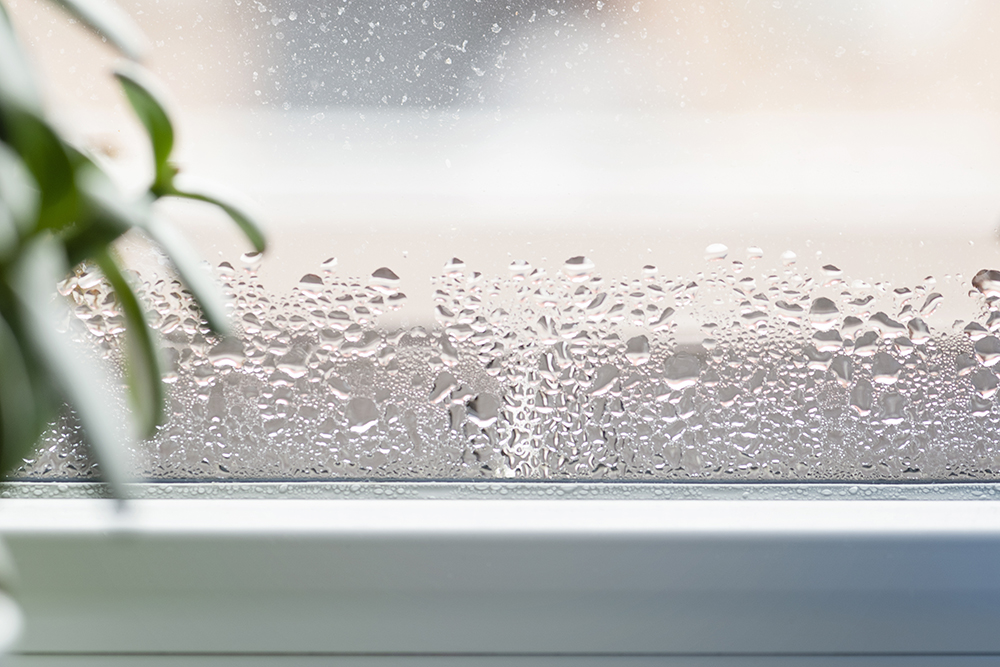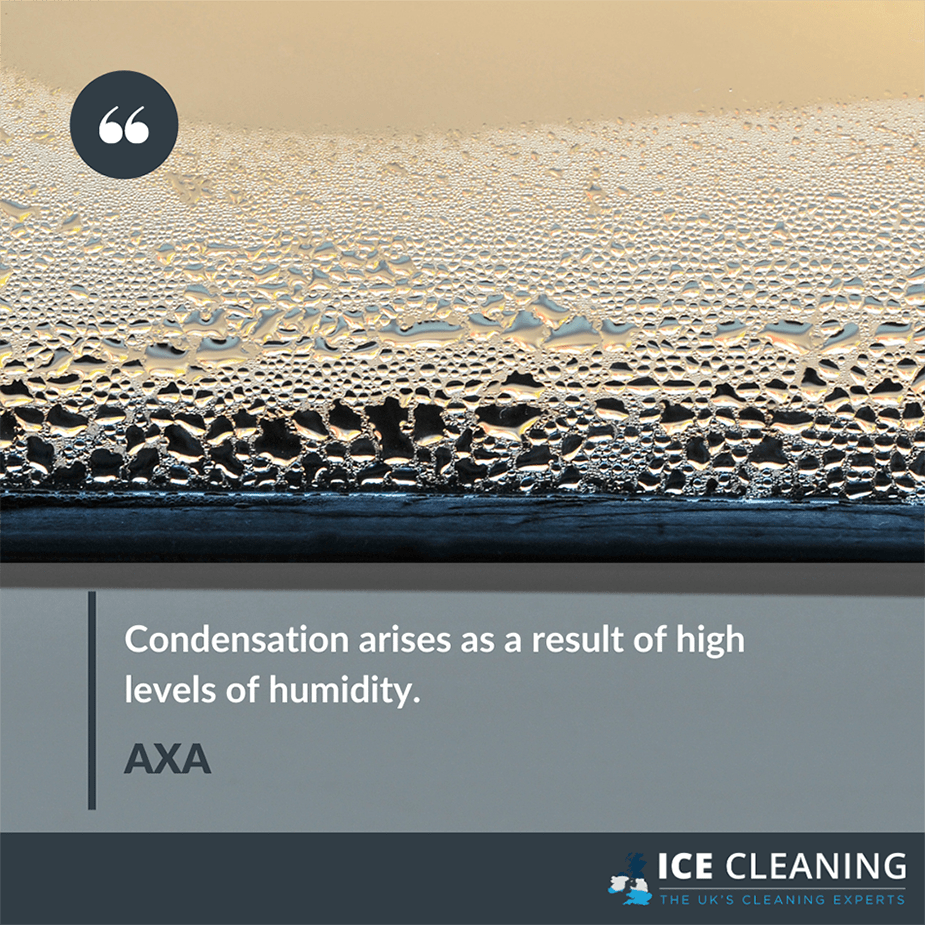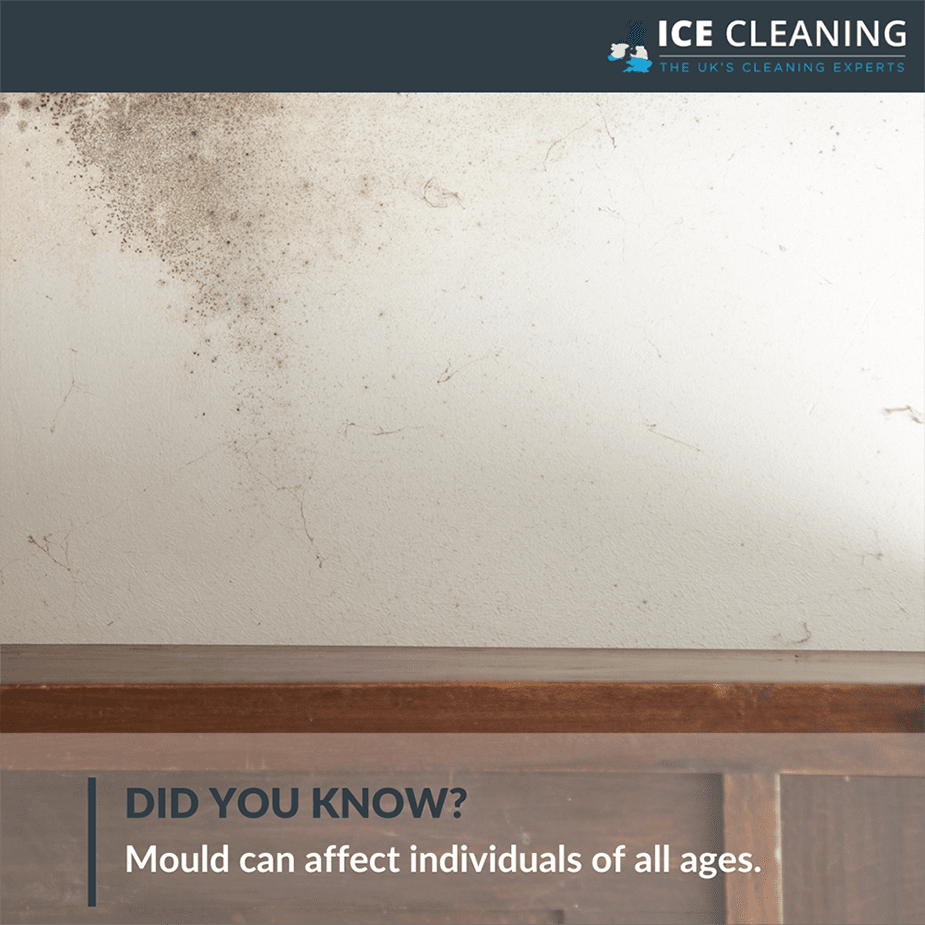How To Reduce Condensation In Your Property

CONTENTS
- What causes condensation?
- The effects of mould on your health
- How to deal with condensation in your home
- Seek professional assistance
Whilst condensation is not classed as a major threat to human lives, it can lead to mould, which poses a range of risks.
In order to prevent mould, you must first understand what causes condensation.
What causes condensation?
Condensation is incredibly common in households in the UK. One reason for this is British weather.
In winter, most households make use of their central heating, particularly during the cooler hours of day. Whilst this provides warmth and comfort in the moment, over time, it allows for condensation to build up.

According to AXA, condensation arises as a result of intense humidity. When warm air collides with cold surfaces, it cools to form what we refer to as condensation.
When you turn your heating on, it leads to high levels of humidity throughout your property. Likewise, activities such as cooking or showering also release large amounts of warm moisture into the atmosphere. When moisture-packed warm air faces a cooler surface, it is forced to cool down at rapid speed. As it cools, it releases water in the form of liquid droplets on the cold surface.
Condensation is rarely an issue during warmer months as there is no need for central heating. In fact, many households choose to open windows to generate a breeze, which boosts ventilation throughout the property.
Lack of ventilation can lead to the growth of black mould within your property. Mould thrives in damp, humid conditions and can provoke a range of health problems for your entire family.
The effects of mould on your health

Despite the common assumption that mould only affects those with pre-existing medical conditions, mould can affect anyone. Of course, for those with weakened immune systems, the symptoms may be worse.
There are 2 main dangers of mould, inhalation and physical contact. High levels of mould exposure can lead to both respiratory conditions and skin problems.
If inhaled into your lungs, toxic mould spores can affect your entire respiratory system. This can cause allergy-like symptoms, such as coughing or wheezing, or even shortness of breath.
Though you may not seek physical contact with mould, you may not be able to help it. What many people do not realise is that mould is everywhere. It can be hard to detect at the best of times due to its airborne capabilities.
Physical contact with mould-ridden surfaces will likely bring about skin conditions. Those with acute eczema may experience a flare-up, whilst others may be susceptible to skin irritation and rashes.
How to deal with condensation in your home
To combat condensation in your home, you must improve airflow throughout the whole property.
If you find you get cold easily or know you’ll struggle to keep your windows open as the weather cools, consider investing in a dehumidifier. A dehumidifier works by pulling air through a fan to remove excess moisture from your rooms. You’ll typically pay around £100 for an entry-level dehumidifier, but complex systems can cost thousands.
If money is an issue, there are a number of things you can do to tackle the problem without spending a single penny. For example, keep saucepan lids on when cooking to avoid excess steam being released into the air. Don’t forget to switch on your extractor fan whilst cooking too!
Bathrooms are also prone to mould and condensation. When taking a shower, remember to keep the door closed and open windows where possible.
It may seem counteractive to close one but open the other, however, keeping the door closed whilst in the shower will prevent humid air from travelling to other rooms. The trapped warm air will then be forced to exit through the window.
Seek professional assistance
Whilst prevention is always preferable, in some cases it may be too late. If your home is riddled with mould, you should seek professional assistance immediately.
A professional mould remediation company will be able to expose both visible and invisible traces of mould in your property using thermal imaging tools. Once detected, they will be able to carry out a remediation process.
It’s crucial to act quickly to protect the health of not only your family, but also your pets. Check out our blog ‘Can Mould Affect Your Dog’s Health?’ for more information on the long-term effects of mould in pets.
Call us today
Here at ICE Cleaning, we offer a range of damp treatments for households in the UK.
Whether you require a moisture survey to determine the situation or a full mould remediation service to fix your mould-ridden property, our technicians can arrive on site within just an hour of your call.
Speak with a member of our team on 0208 066 0360 today to book your mould service, or email us on enquiries@icecleaning.co.uk and we’ll get back to you within 24 hours. Our friendly support team are available around the clock to give professional advice regarding your personal situation.

Speak with me today,
I’m here to help
By asking you a few questions either via phone or email I can immediately provide a realistic estimation of the cost.
You’re in good company. We’ve cleaned for the following commercial clients… View all

Why choose us?
- Cater to a wide variety of cleaning situations
- Nationwide coverage, available 24/7
- Cater to commercial and domestic clients
- Free survey provided prior to quotation
- Emergency response team
- Offer a bespoke service designed to suit all your needs
- All technicians hold professional health and safety qualifications, including BICSc, IOSH, Dewpoint Professional & Safe Contractor
We’re fully accredited
We place best practise, professional expertise and health and safety at the core of our business. We’re fully compliant with all legal obligations. You can view a list of our accreditations below, or visit our Health & Safety page for more information.




-RGB-small.1707319151.jpg)



























